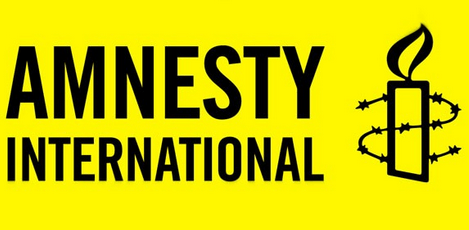Stigmatization a factor for inadequate treatment of patients with mental illness in Ghana – Amnesty International
 Stigmatization and discrimination faced by people with disability in Ghana have been cited as major contributing factors to the inadequate treatment of patients with mental health illness and the poor conditions at public psychiatric institutions, Amnesty International has said in its latest report.
Stigmatization and discrimination faced by people with disability in Ghana have been cited as major contributing factors to the inadequate treatment of patients with mental health illness and the poor conditions at public psychiatric institutions, Amnesty International has said in its latest report.
The State of the World’s Human Rights report expressed concerns at the hundreds of unregistered private “prayer camps” to deal with illness, particularly mental illness, which operated with little oversight and no state regulation.
It noted that the use of torture and other ill-treatment in such camps, including shackling and forced fasting still persist in Ghana.
The report also raised concerns about legislative provisions that discriminate against women in relation to property ownership, access to formal credit and inheritance.
It cited delays in the adoption of the Property Rights of Spouses Bill, which was put forward in 2013 and made recommendations concerning domestic violence, including further legislation to enhance the implementation of the Domestic Violence Act 2007, increased social services and shelters for survivors of domestic violence, and improved investigation and prosecution of cases.
With regards to the rights of Lesbian, Gay, Bisexual, Transgender and intersex people (LGBTI), the report observed that the acts still remained a criminal offence and that LGBTI people continued to face police harassment as well as discrimination, violence and instances of blackmail in the wider community.
It further notes that courts continued to hand down death sentences, although the last execution was in 1993.
Ghana retains the mandatory death penalty for some offences despite the Human Rights Committee’s condemnation of mandatory death sentences. The main death row facility for men remained overcrowded and inmates continued to be denied access to activities such as sports and education, it adds.
Additionally, the Human Rights Committee and civil society organizations remained concerned at the persistence of child labour.
Amnesty International called for investigations into the worst forms of child labour and better public sensitization campaigns on the issue.
By Pamela Ofori-Boateng
Copyright ©2017 by Creative Imaginations Publicity
All rights reserved. This news item or any portion thereof may not be reproduced or used in any manner whatsoever without the express written permission of the publisher except for the use of brief quotations in reviews.
